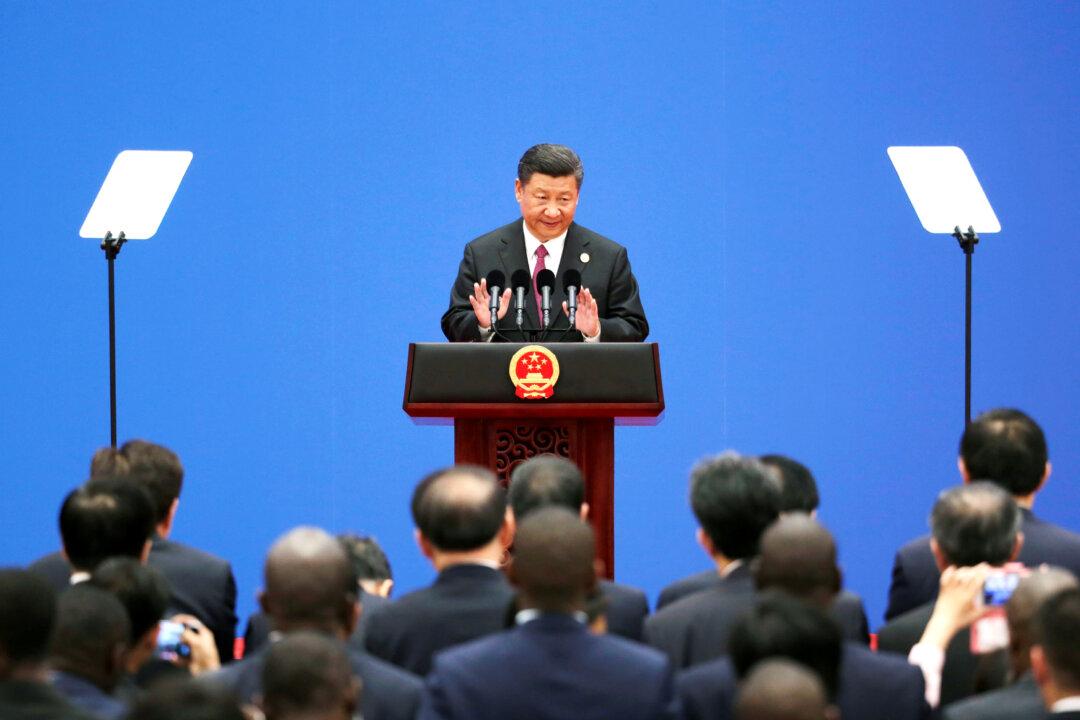The International Republican Institute published a new report that blames the People’s Republic of China (PRC) for a campaign of malign influences that corrode democracy.
The International Republican Institute (IRI) is the Washington D.C. think tank whose board, staff and consultants are drawn from the Republican Party establishment. IRI has tended to set the party’s foreign policy agenda for three decades. Although it has backed expanded China trade and ratifying Trans-Pacific Partnership before President Trump’s election, IRI’s newest report is titled: “Chinese Malign Influence and the Corrosion Of Democracy: An Assessment of Chinese Interference in Thirteen Key Countries.”





